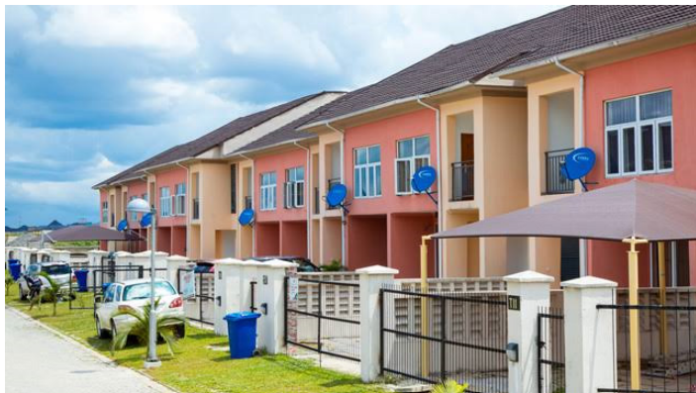DESPITE the challenges of development confronting Nigeria, a common feature of all regions is the high rate of urbanisation. The creation of new states over the years has seen the coming of new urban centres, especially around the state capitals, which in turn led to additional chains of urban areas.
Urbanisation presents numerous challenges such as inadequate infrastructure, housing shortage as well as social and economic disparities. These challenges are exacerbated by factors such as rural-urban migration, poor urban planning, and inadequate public services. The rapid growth of urban areas has outpaced housing development, leading to widespread shortages and the proliferation of slums.
While the new urban centres struggle to provide basic services like clean water, electricity, sanitation, health services and transportation, housing presents the most daunting and haunting challenge to individuals and the government. In the absence of a structured and viable mortgage system, individuals have had to solely shoulder the cost of building their own homes. Again, given that the government has not been able to evolve a strategy to regularly provide affordable housing for the low income segment of the society, urban housing is now characterised by huge deficits. There are so few houses chased by many people that are migrating to the urban areas. This has, in turn, led to high rent demands by Shylock landlords, requirement for upfront payment of rent for a year or more as well as imposition for multiple and exploitative extra charges by agents and realtors, which sometimes may be even higher than the actual rent.
Beyond the two prime cities, some major towns, especially those hosting institutions of higher learning are equally experiencing immense challenges in housing. Students in the university towns of Ozoro, Agbor, Oghara and Amai, near Kwale as well as Ughelli and Sapele have to pay exorbitant amount – ranging from N200,000 to N400,000 per annum – to secure a one-room apartment.
In Asaba and Warri, annual rent for fairly decent apartments ranges from N1.5 million to N3 million. When the sundry charges such as commission, security deposit, refuse disposal and legal fees among others are added, annual rent ranges from N3 million to N5 million yearly. This is outrageous. Under the prevailing economic situation, no honest resident and salary earner can afford to pay the obscene amount. The government must step in to restore order to what is going on among property owners and rein in the realtors.
This is what inspired the Lagos State Government, which recently unveiled plans to phase out annual rent payments in favour of more flexible monthly and quarterly options. The move aims to ease the financial burden on residents, especially low-income earners who struggle with large upfront rental costs.
But even this measure will not bring much succour to residents. Addressing the housing challenges in Nigeria’s urban centers requires a multifaceted approach encompassing government initiatives, private sector involvement, and innovative financing models. Key areas include providing affordable housing for low-income groups, improving the quality of existing housing stock, and fostering innovation in building techniques.
The twin major cities of Asaba and Warri in Delta State are facing huge challenges with their considerable housing deficit and require a concerted approach to bring relief to the residents. For starters, the government could consider adopting the Lagos initiative by scrapping yearly advance payment of rent. This may offer some relief to residents, albeit temporarily.
As has been the case in the past, a yearly target on housing units to be built should be set, executed and sustained by the government. This initiative should target the low income segment of the population. In addition, in the absence of a functioning mortgage system, a platform for advancing substantial housing loan to civil servants with long payment period should be introduced.
However, setting up an effective mortgage system remains the best long term solution.
The private sector should drive the initiative while the government will provide the operational framework. Given the fact that government has a poor capacity when involved in business related ventures, it should rather collaborate with the private sector to drive the process.
In addressing rural-urban migration, government should also pursue the development of rural areas and creating job opportunities that can help reduce the pressure on urban centers and mitigate the challenges of rural-urban migration.
The goal should be to integrate all options in order to achieve an equilibrium whereby too many residents of the Delta twin cities will no longer be chasing the few available apartments.


